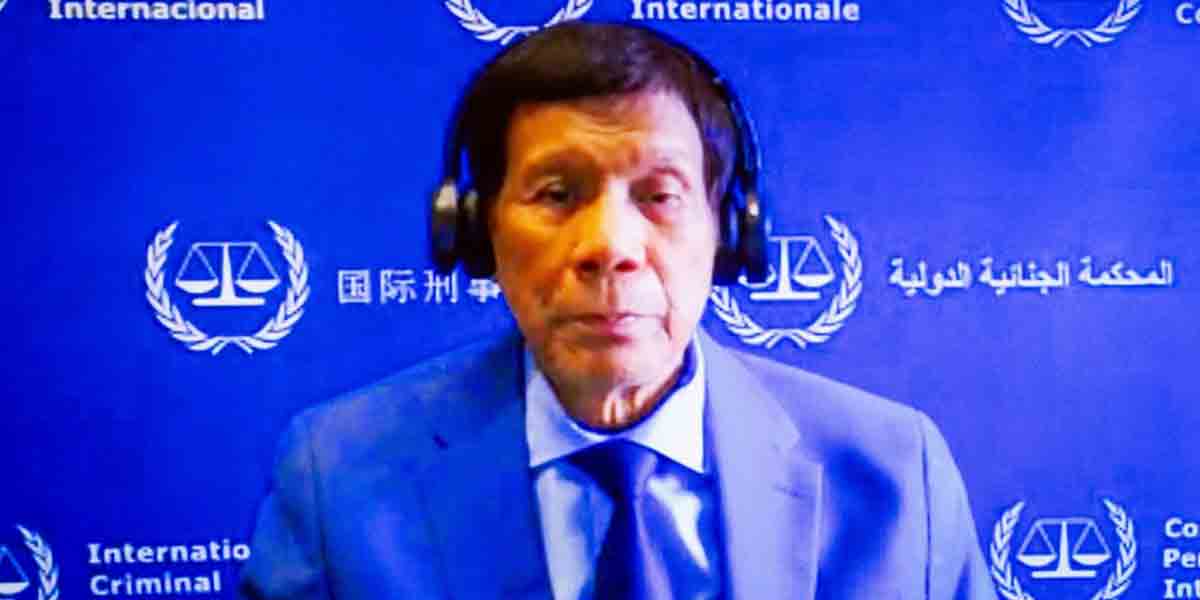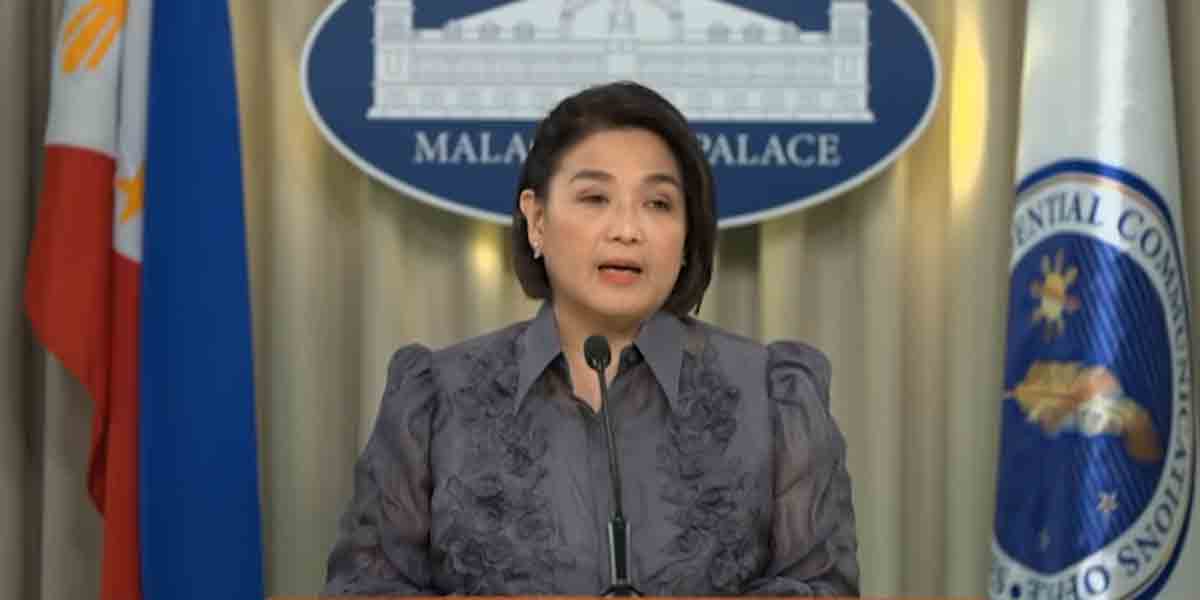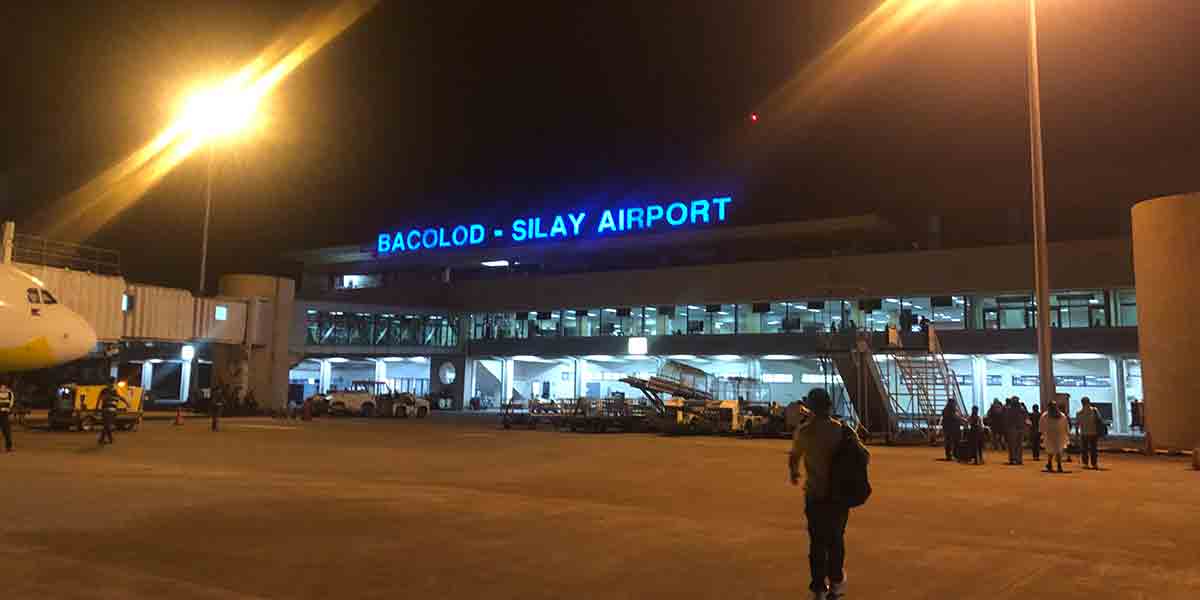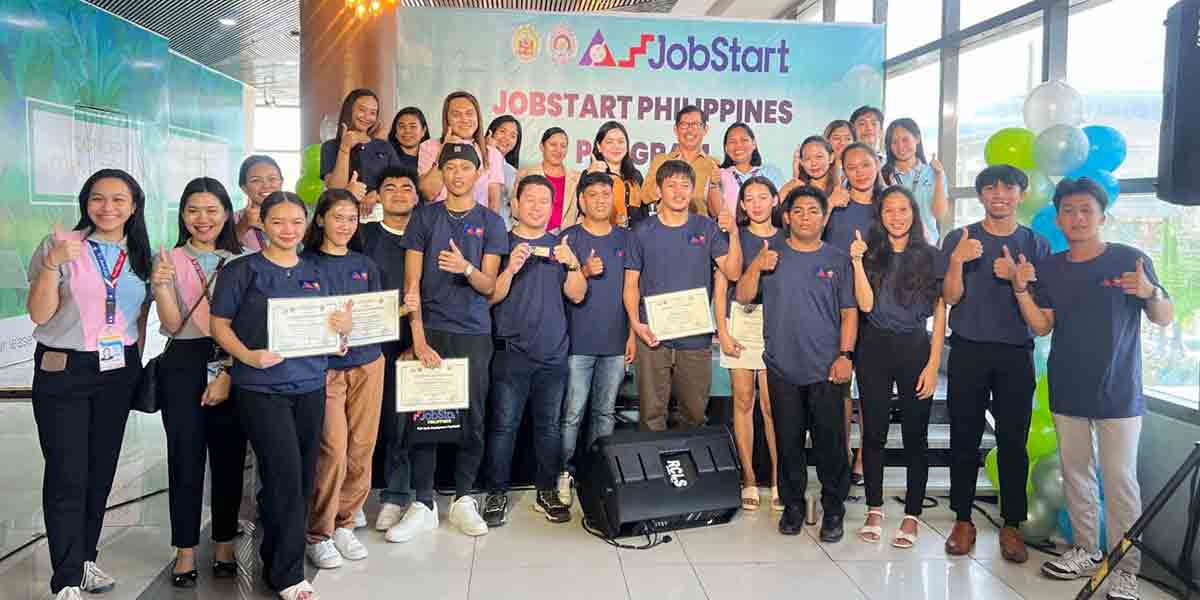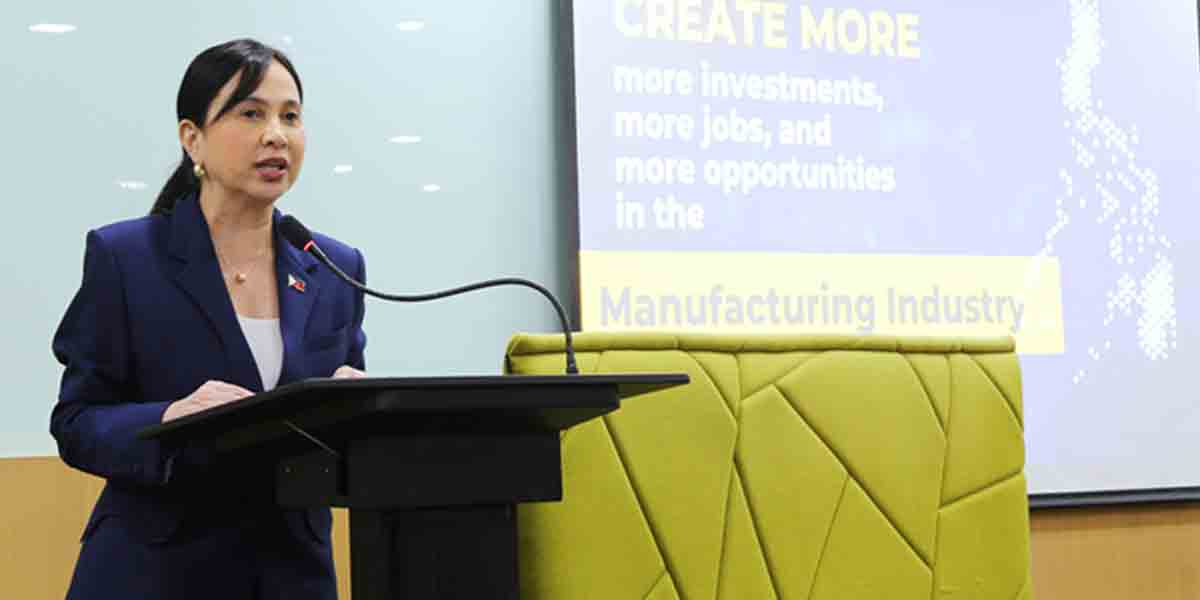The Department of Finance (DOF) is maximizing the National Government’s (NG) revenue streams by privatizing idle and non-performing public assets to generate funds for national development and reduce debt.
“The assets we are privatizing are no longer productive and continue to drain the National Government’s resources through management, security, and maintenance costs,” said Finance Secretary Ralph G. Recto. “By disposing of these non-performing assets, we eliminate unnecessary expenditures and unlock resources that can address the pressing needs of our people. This approach ensures the efficient use of public funds.”
To support the national budget, the DOF is pursuing non-tax revenue generation through privatization efforts outlined in Executive Order 323. This established the Inter-agency Privatization Council (PrC) and the Privatization Management Office (PMO).
The PrC oversees and coordinates privatization efforts, promoting private sector participation to boost the Philippine economy and ensure maximum cash recovery. The Council sets the minimum base price of each asset, typically the Fair Market Value (FMV), as assessed by third-party appraisals.
The Council is chaired by the Secretary of Finance and includes members from the Department of Budget and Management (DBM), the Department of Trade and Industry (DTI), the National Economic and Development Authority (NEDA), and the Department of Justice (DOJ). Non-voting members include the National Treasurer and the Chairman of the Presidential Commission on Good Government (PCGG).
In September 2024, the government approved new guidelines on the Privatization and Disposition of Government Assets. These guidelines institutionalize the PrC’s policies, ensuring clear and transparent processes, rules, and regulations for both public and private stakeholders.
The PMO, as an attached agency of the DOF, implements a coordinated program for the disposal of non-performing assets from government financial institutions and certain government-owned or controlled corporations (GOCCs). These assets have been deemed unnecessary or unsuitable for government retention.
Currently, 28,665 non-performing assets are under the PMO’s portfolio for privatization. If left unsold, these assets would require significant funding for management, security, and maintenance—funds that could otherwise support national development.
Properties up for privatization are announced through newspapers of general circulation and posted on government websites to ensure full transparency. The terms and conditions of each sale are unanimously approved by the PrC.
The DOF has also been coordinating with the Social Security System (SSS) and the Government Service Insurance System (GSIS) to identify assets that could serve as long-term investments for pension funds.
The privatization of idle and underperforming government assets provides a win-win solution, generating compensation to support priority programs and projects while attracting investors. The initiative ultimately benefits the Filipino people by promoting economic growth and development.

